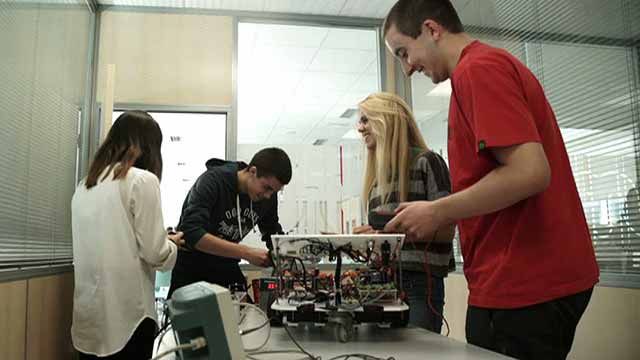Fostering Independent Learning and MATLAB Programming Skills at the Introductory Level
J A Rossiter, University of Sheffield
In this webinar we tackle three objectives. First and foremost, how do we get students to engage with MATLAB, or indeed computer programming in general, and develop their skills? Literature and anecdotal evidence have shown that modern students struggle to come to terms with programming, and entry‐level students in the Automatic Control and Systems Engineering Department at the University of Sheffield were no exception to this.
We present a solution methodology that has received substantially better feedback from students than previous mechanisms. The second and third objectives are closely related: managing transition issues as students progress from high schools to universities and fostering students’ confidence in becoming independent learners. Students are accustomed to be being spoon‐fed and given very close support, which is not appropriate or indeed available at university, and they struggle to handle the change of learning style required.
About the Presenter: Dr. J.A. Rossiter has been a university lecturer since 1992, starting in the Mathematical Sciences Department at Loughborough University before moving to Automatic Control and Systems Engineering in Sheffield in 2001. He is well-known for his research contributions to predictive control and has authored a textbook in this field. He has dedicated significant effort toward promoting enhancements to learning and teaching and is the recipient of several prizes for his contributions.
Recorded: 25 Apr 2011




